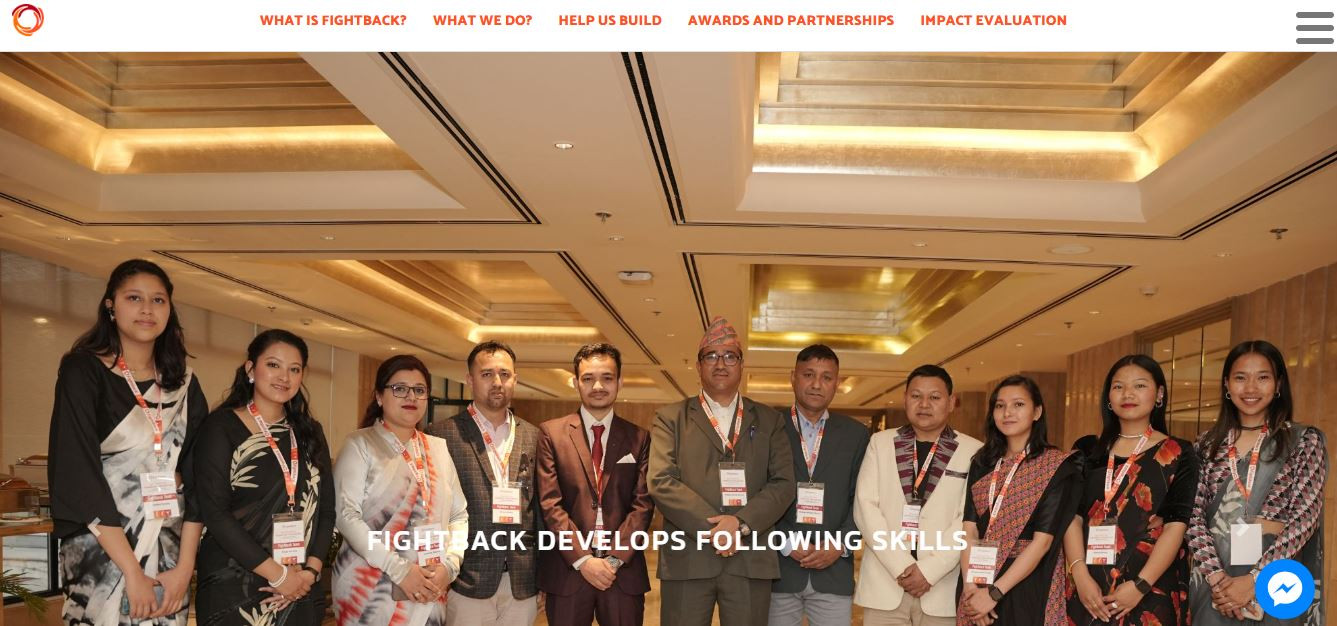How Can NGOs Benefit from Having a Website in Nepal?

In Nepal, thousands of
non-governmental organizations (NGOs) are working hard to improve lives — from
supporting education and health care to empowering women and protecting the
environment. But many NGOs still rely mainly on word of mouth, printed reports,
or Facebook pages to share their work. Having a proper website can make a huge
difference. Here’s how NGOs in Nepal can benefit from having their own website,
explained in simple terms.
1.
Build Trust and Transparency
A website helps an NGO show who they
are, what they do, and how they use their funds. When people — both in Nepal
and abroad — visit your site, they can easily see your mission, team members,
ongoing projects, and financial reports. This transparency builds trust among
donors, partners, and the public.
2.
Reach a Wider Audience
Many people want to support
meaningful causes but don’t know where to find reliable NGOs. A website helps
your organization reach a much larger audience — not just in your local
community but across Nepal and around the world. Whether you’re working in
rural development, health, or education, a website helps people discover your
work easily.
3.
Easier Communication and Updates
A website allows NGOs to share regular
updates, news, and stories from the field. You can post project results, event
announcements, or volunteer opportunities. This makes it easier for supporters,
beneficiaries, and partners to stay informed and connected.
4.
Online Donations and Fundraising
Many NGOs in Nepal depend on
donations. Having a website makes it simple to collect donations online, even
from international donors. Secure payment systems or donation links can help
your NGO raise funds faster and more efficiently than traditional methods.
5.
Professional Image and Credibility
A clean, informative website gives
your NGO a professional identity. It shows that your organization is serious,
organized, and ready to collaborate. When you approach donors, government
agencies, or other NGOs, a good website can strengthen your credibility and
first impression.
6.
Attract Volunteers and Partnerships
People who want to volunteer or
partner with an NGO usually look online first. With a website, you can share
volunteer opportunities, internship openings, and partnership programs. This
helps attract the right people and organizations that share your vision.
7.
Keep Records and Share Achievements
A website acts as a long-term
digital record of your NGO’s work. You can showcase completed projects, testimonials,
photos, and reports. Over time, this creates a clear story of your impact and
success, which can help you in future proposals and funding applications.
